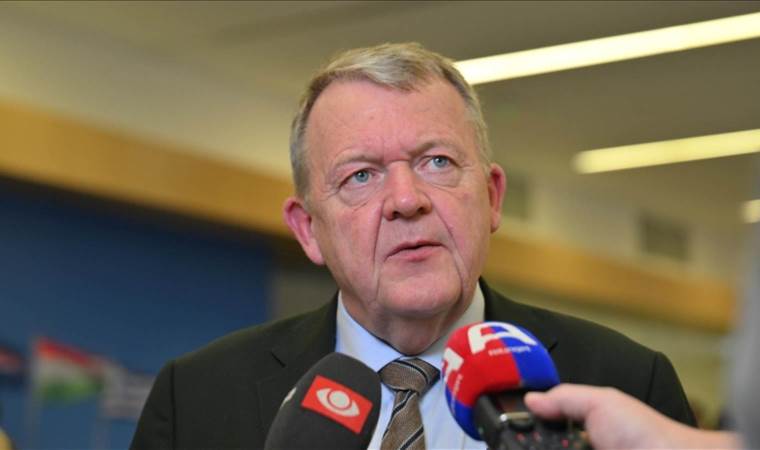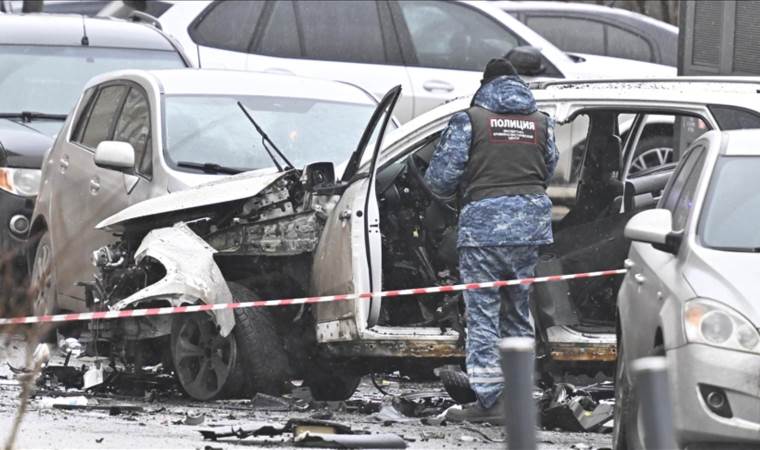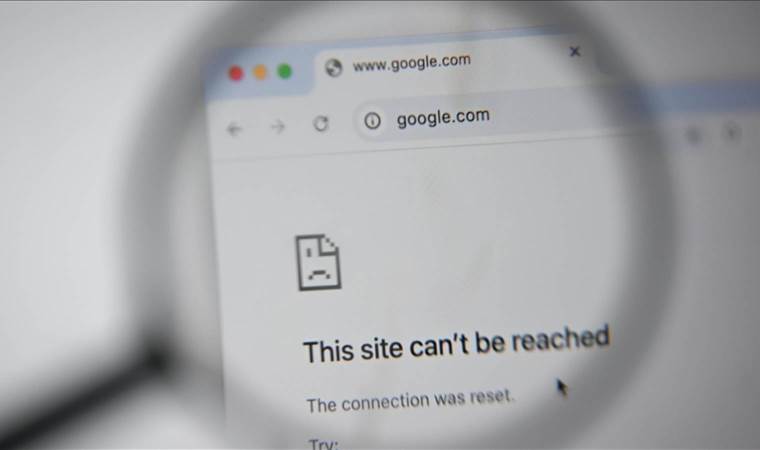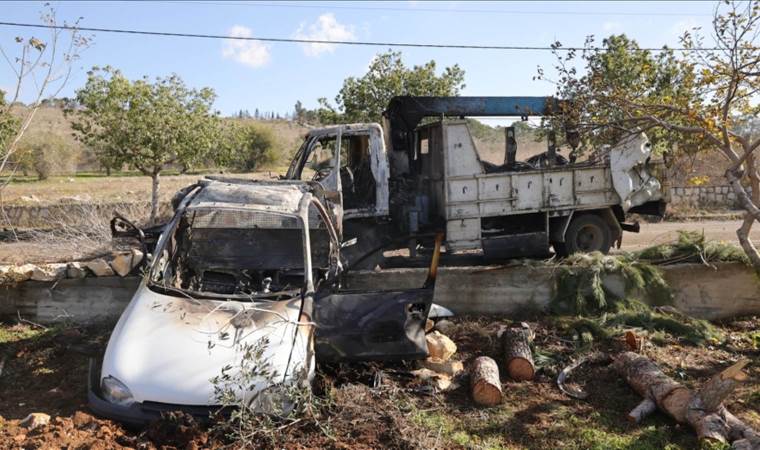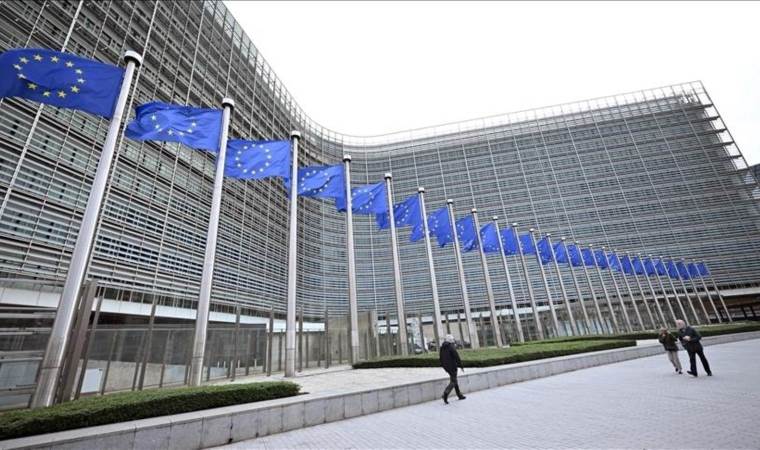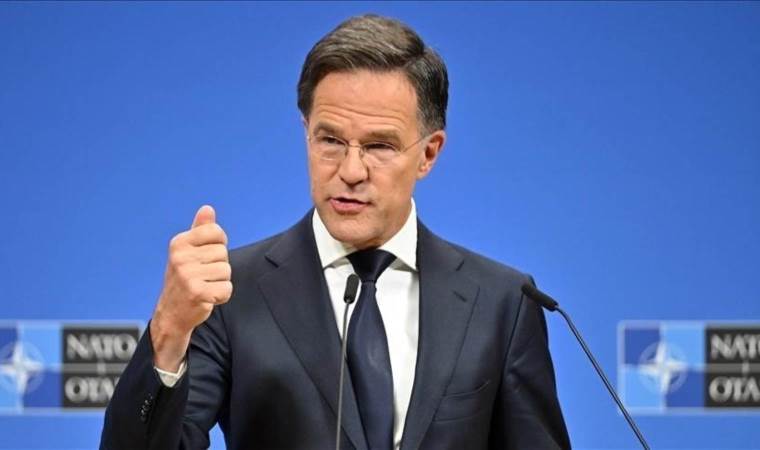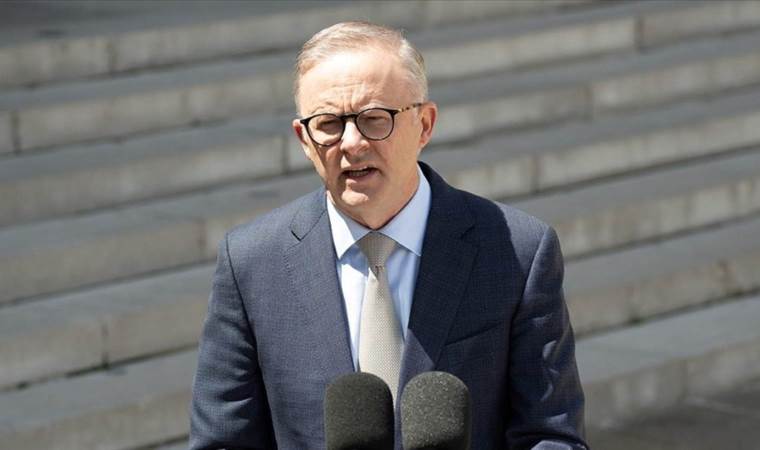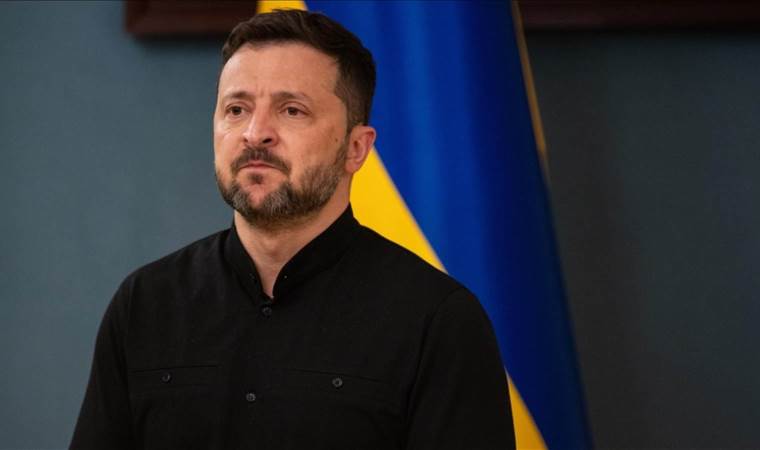Authors Columns of the Day Sport Guest Life All Authors
Uğur Mumcu knew!
If in a country, one of the leading intellectuals of the society is murdered, and this slaughter is followed by others, the society starts asking the question, "Whose turn is it next?"...
It means that the country can no longer protect its dearests. It becomes difficult for it to see ahead and foresee its future.
It means that the country has been struck in its carotid artery. It becomes harder to stop the bleeding.
It means that the country has started losing its light. The dawn of the sun becomes more difficult.
It means that the country has started losing its intellectual power. Catching up with the train of civilization becomes harder.
Today marks the 31st anniversary of Uğur Mumcu's heinous assassination.
The 1990s started ominously as we approached January 24, 1993. On January 31, 1990, Prof. Muammer Aksoy, President of the Association for Atatürkist Thought, was murdered. On March 7, 1990, Çetin Emeç, Editor-in-Chief of Hürriyet newspaper; on September 4, 1990, Turan Dursun, a mufti-writer known for his secular thoughts; and on October 6, 1990, Doç. Dr. Bahriye Üçok, Turkey's first female theologian academician known for her research on secularism and the role of women in society, was killed. In 1993, Uğur Mumcu, the name and face of investigative journalism, lost his life to a bomb placed in his car.
Just listing the identities of the murdered intellectuals reveals the target.
In the 1990s, Turkey was gradually dragged into darkness.
Why?
There are many ways to answer this question. The main reason is written in volumes in the identities of the murdered intellectuals.
The 1990s were years when the Cold War ended worldwide, and in countries like Turkey, the "threat of communism" used to intimidate society and create a "deep state" outside the law was eliminated. It was a time when the center-right and center-left parties in Turkey formed a coalition based on "democracy" and set out to solve all fundamental problems.
In such an environment, intellectuals were needed the most. They could interpret the new era and foresee the "new fears" that imperialism could produce. They did not allow the emergence of such "enlightenment."
After darkening Turkey by extinguishing its lights one by one, a party with a light bulb as its emblem came to power.
At the end of the 1990s, on October 21, 1999, Prof. Dr. Ahmet Taner Kışlalı, who said, "Kemalism is not the guardianship of the past, but the foundation of the future," was also murdered.
When Prof. Muammer Aksoy was murdered, Uğur Mumcu, carrying his photo at the funeral, asked in his column:
- Whose turn is it?
When Uğur Mumcu was murdered, Prof. Kışlalı asked:
- Whose turn is it?
These courageous intellectuals of this country continued to write and speak without blinking, just like the soldiers in the Gallipoli Campaigns who knew that death was certain soon after.
Uğur Mumcu even knew how he would be killed. He just didn't know when. Knowing this, he did not remain silent until his last breath.
Just Uğur Mumcu's book "Tarikat-Siyaset-Ticaret" (Order-Politics-Trade) alone is enough to show that it continued to speak to the times that followed.
One of the main factors that drove Uğur Mumcu to investigate the truth and shout it out, despite knowing his end was near, was his identity as a "Kuvvacı without a Kalpak."
He knew that Mustafa Kemals would never run out in these lands, but the counterrevolution would always be lurking.
He knew that the desires for Sevres from the early 20th century would reemerge in the 21st century, but they would face the spirit of the National Forces.
Uğur Mumcu continues to live in the hearts of millions who are aware of this spirit.
Yazarın Son Yazıları All Columns
Günün Köşe Yazıları
Most Read News
-
 Denmark to summon US ambassador after Trump appoints spe
Denmark to summon US ambassador after Trump appoints spe
-
 Senior Russian general killed in Moscow car bombing
Senior Russian general killed in Moscow car bombing
-
 Millions affected by massive Internet outages in 2025
Millions affected by massive Internet outages in 2025
-
 3 killed in Israeli drone strike on southern Lebanon in
3 killed in Israeli drone strike on southern Lebanon in
-
 EU affirms Denmark's territorial integrity after US envo
EU affirms Denmark's territorial integrity after US envo
-
 Russia could keep Europe busy if China attacks Taiwan, w
Russia could keep Europe busy if China attacks Taiwan, w
-
 Australian premier apologizes over Bondi Beach shooting,
Australian premier apologizes over Bondi Beach shooting,
-
 Ukraine’s parliament to form working group on issue of h
Ukraine’s parliament to form working group on issue of h

